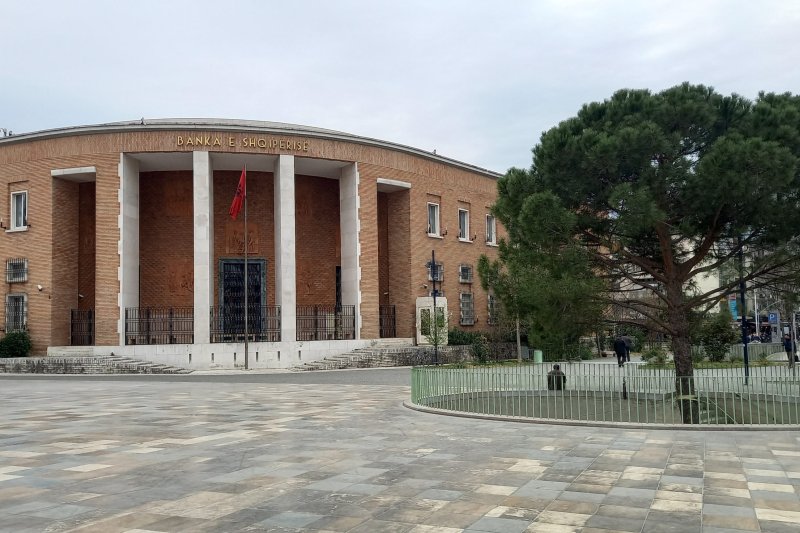‘Lek Strengthening Consolidates Economy’
The national currency, Lek, has shown a significant increase in its value against the Euro and other currencies.
The average exchange rate of the lek against the euro in 2023 was at the level of 108.7 lek/euro, from an average of 119.0 lek/euro in 2022. This development brought an annual strengthening of the lek of 8.7%.
The Bank of Albania notes that the strengthening of the exchange rate stems from the improvement of the balance of commercial and financial exchanges abroad, which brought an increase in the supply of currency in the domestic foreign exchange market.
The Bank of Albania noted that, in a free exchange rate regime, as applied in Albania, the dynamics of the exchange rate are a function of the ratio of demand and supply for currency. In the absence of interventions by public authorities, this ratio is dictated by market forces and responds to the country's economic and financial trends.
"Strengthening of the lek reflects the consolidation of the Albanian economy," said the Bank of Albania.
In an in-depth analysis, the central bank estimates that the positive value of this ratio (lek/euro) indicates that the foreign exchange flows generated by Foreign Direct Investments (currency inflow) are higher than the current account deficit (currency outflow). This dynamic results in an oversupply in the domestic market and an appreciation of the exchange rate.
"In the first 9 months of 2023, the current account has resulted in a surplus for the first time in history. Regarding gross domestic product (GDP), the current surplus is estimated at 0.2%, while for the same period last year, the current deficit was 4.7% of GDP. This development represents a rapid and unprecedented improvement of the external balance of the economy, driven by the structural improvement of the balance of trade exchanges in goods and services.
Meanwhile, foreign direct investments remained at high levels, estimated at around Euro 1.08 billion in the first 9 months, marking an annual increase of 10.6%", emphasized the Bank of Albania.
The Central Bank also notes that the strengthening of the exchange rate of the lek against the euro is largely dictated by the strengthening of the real exchange rate, which includes a trend of convergence of wages and prices between the Albanian economy and that of the Eurozone, the growth of exports, tourism, increase in remittances, (on an annual basis 14.2%)
In these circumstances, the Bank of Albania suggests that "the progress of the course should be seen as a reflection of the success we have had in increasing exports and not as a premise of their failure. The appreciation of the exchange rate has had an overall positive effect on the Albanian economy. This effect has materialized in the reduction of inflation, the preservation of purchasing power, and the value of family savings, as well as in lower financing costs for the Albanian economy. Likewise, the appreciation of the exchange rate has helped the sustainability of financial stability, through the support of borrowers' balances in foreign currency and the positive effect on the level of problem loans".













